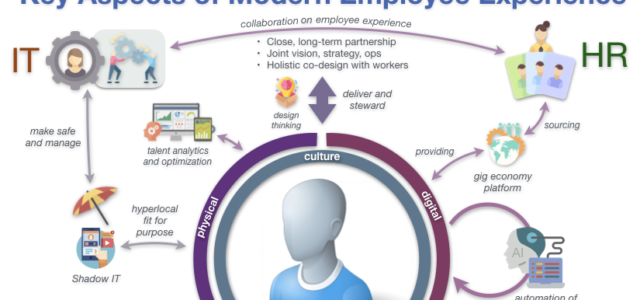Like a steam train crashing onto the platform, AI has burst onto the scene, turning what was already a breakneck period of technologically-led societal change into a free-fall. And we have absolutely no idea where we’ll land.
While technology has always moved quickly, how this impacts society has tended to take a little longer to play out. If you consider that social media was the last major technological development to upend almost every facet of society, Facebook was launched all the way back in 2004. Nearly two decades ago. Yet its contribution to many of the biggest challenges facing society, such as the spread of cyber bullying, rise of Identity Politics, the breaking down of established belief systems, reduced trust in established institutions or authorities, rise of conspiracy theories, a surging loneliness epidemic etc. all took some time to establish themselves. While we can’t land all of these at Zuckerberg’s door alone, the pivotal role of social media in these trends is well documented.
With the more recent rise of AI – and specifically natural language models like ChatGPT (launched to the public in November 2022) – we are on the cusp of the next “social media moment”. But the change is happening far more quickly. Almost anyone who has tried ChatGPT at work has found a way to incorporate it into their workflows.
This pace of change is already starting to have a big impact on the types of services being delivered by consultants to the public sector. And for the more established players, who make their living with impressive-sounding theory and future-gazing, this is not necessarily a good thing. In a scenario of such rapid change, impressive slide-ware and highfalutin theory no longer cuts through. Now, delivery is king. Won’t anyone think of the consultants?!
Bear in mind there is already a 70% shortfall in the types of specialist consultancy and IT jobs needed in the public sector. While this shortfall of supply and demand came about at a fairly gradual pace over the last few decades, the public sector was still too slow to respond. Everything being offered by the public sector was lagging behind where the technology was. From education, to regulation and even pay, the public sector has always been playing catch up. How are they going to keep pace with something as fast moving as AI?
Take regulation for example. We had years of catastrophic data leaks before the GDPR introduced a comprehensive framework for the protection of personal data. But five years on and the EU is still grappling with inadequate data sharing agreements with the US (e.g. the collapse of the EU-US Privacy Shield) while it seeks to find a new balance which doesn’t bombard internet users with endless cookie notifications. In the meantime, the EU is scrambling to create the world’s first comprehensive AI law which seeks to protect people from the many perceived risks of AI without stifling a nascent industry. No small task.
A large skills gap has already emerged as a result of the accelerating pace of change from AI, and it is only going to get wider. When you consider it takes most organisations about a year to get the right skills through the door to implement their existing projects, how do you hire for a role that isn’t fully formed yet, or even invented? As a result, consultants have found themselves doing more, and talking less.
The government is already playing catchup with ever-advancing technology. The speed at which AI is evolving will only compound this even more. The control of AI, the legislation to support it, safeguarding, determining safe applications, extracting value etc. are all works in progress. Everyone is learning as they go. Good consultants are needed to help the public sector understand and use AI ethically and ensure that the message/language/application/output of AI is properly utilised. But they need to learn quickly if they are to deliver this value.
Over time AI should just become another ‘Tool’ in the arsenal – much like PowerPoint or any other popular app. The difference is that AI learns, retains and applies what it has learned and it does so at record speed. PowerPoint may receive updates periodically, but it’s not changing every day. The consultant needs to learn to advance in lockstep with AI usage and advancement to ensure that this new tool is used most effectively by the public sector.
The consultancy game has changed forever. Thanks to AI it has become more about delivery and less about “slide packs”. Since theory becomes obsolete so quickly, it is now about the application of change, rather than presenting impressive strategies. The question is – do they have the skills or experience to deliver what is required? A shake up in consultancy services is on the cards.
Image by Shubhan Dhage from Unsplash
Article by channel:
Everything you need to know about Digital Transformation
The best articles, news and events direct to your inbox
Read more articles tagged:






